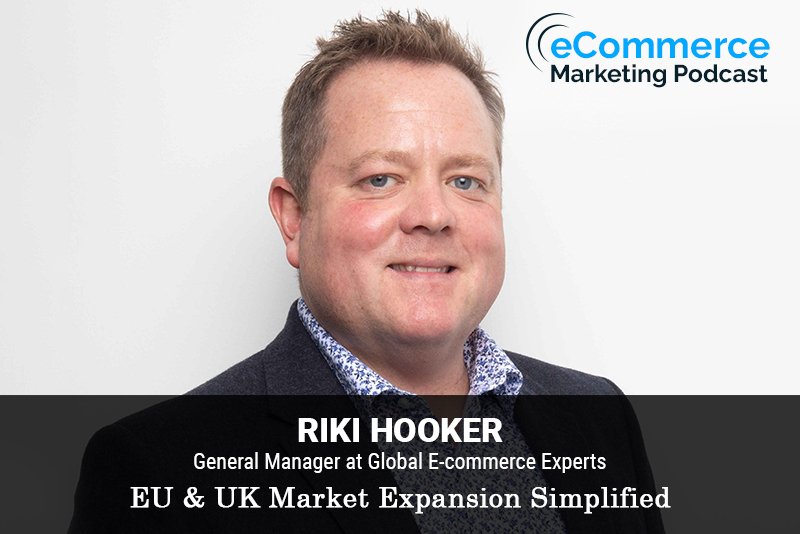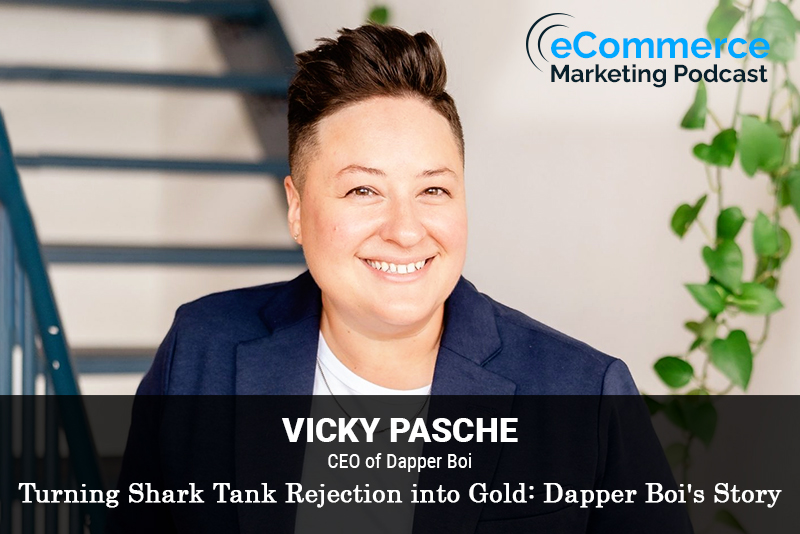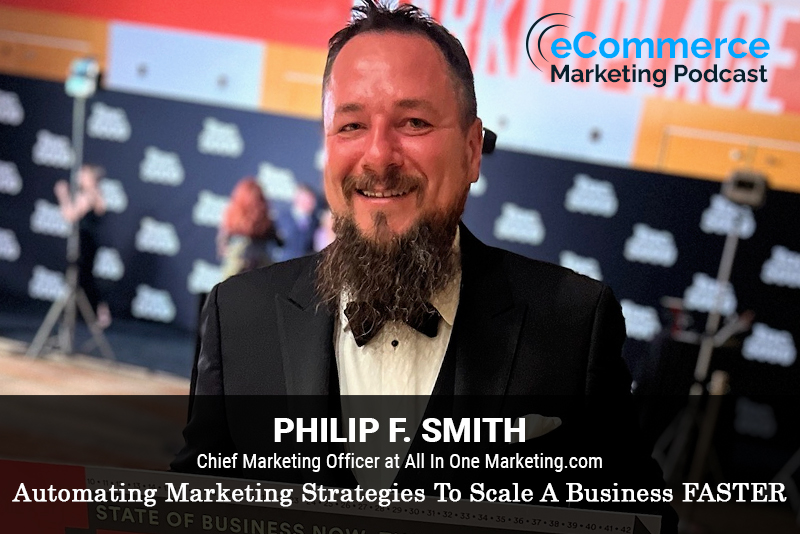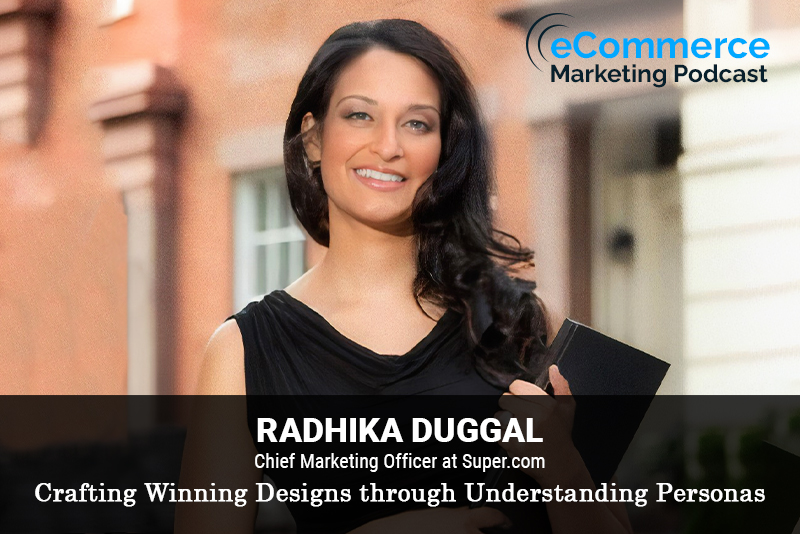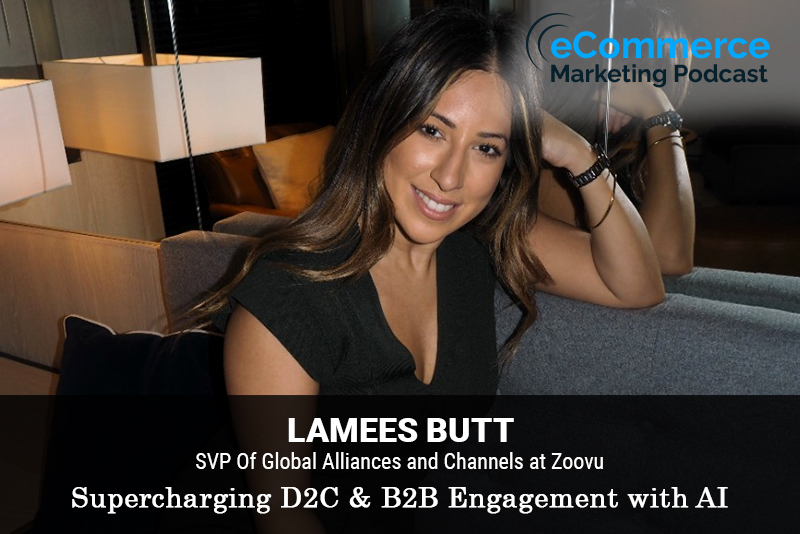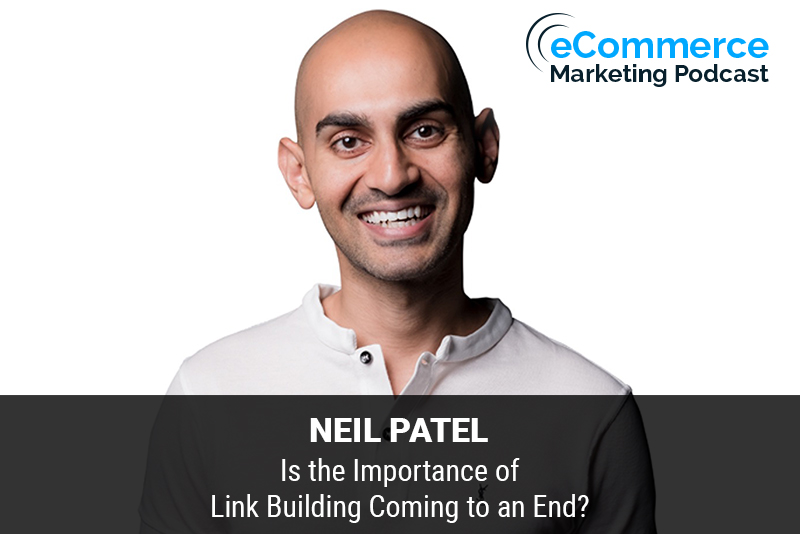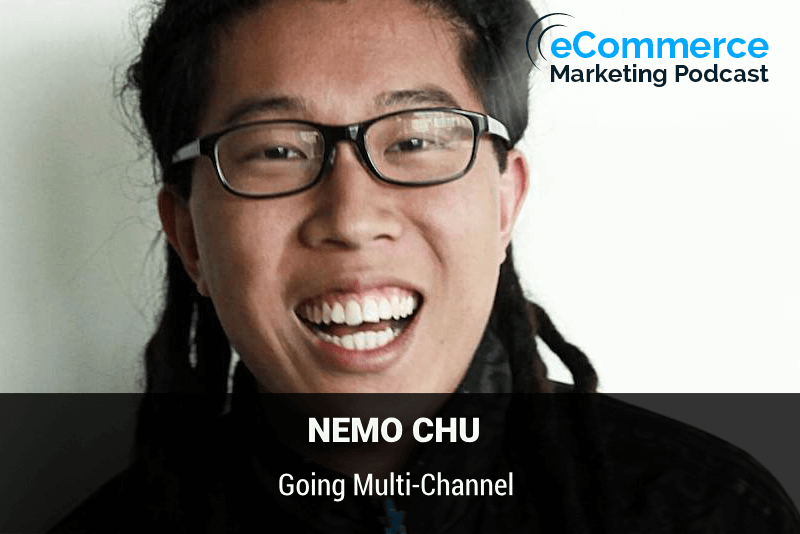
The eCommerce Marketing Podcast walks you through everything that goes into ecommerce marketing — from inbound marketing to paid advertising to conversions. Learn the strategies top marketing experts use to grow their businesses.
With 25 years of overseas trade experience, Riki has built and scaled a dozen international businesses from manufacturing, distribution, online marketplaces and ecommerce via the UK in Europe, APEC and North America. Focusing on seamless trade routes and an expert in the myriad of cultural trading differences, Riki joined Global E-Commerce Experts in 2020 as General Manager to reinforce the team that grows E-Commerce sellers into the UK and EU. Now integral to the roll out of GEEs ambitious industry disrupting global expansion strategy, Riki is applying more than 2 decades of award winning international trade experience to scale online sellers around the world.
In this episode, you will learn
The initial things that an ecommerce brand needs to have in place before selling to EU and UK markets
How does a US company provide cost effective shipping when shipping to the UK or other European countries
What tools or apps would you recommend for a brand to assist in selling in the UK and EU
Examples of ecommerce brands that successfully sell in the US, UK and EU and the keys to their success
For show transcript and past guests, please visit https://www.ecommercemarketingpodcast.com
Or on YouTube at:
https://www.youtube.com/channel/UC3PgT0NOGzpdPGQtBK0XLIQ
Follow Arlen:
Twitter: https://twitter.com/askarlen
Facebook: https://www.facebook.com/arlen.robinson.7
Instagram: https://www.instagram.com/arlenyohance/
LinkedIn: https://www.linkedin.com/in/arlenrobinson/
Past guests on the ecommerce marketing podcast include Neil Patel, Nemo Chu, Luke Lintz, Luke Carthy, Amber Armstrong, Kris Ruby and many more.
Thanks for listening. Be sure to subscribe and leave a review.

Title: Expanding Your E-commerce Business into the UK and EU – with Riki Hooker
Guest: Riki Hooker, General Manager of Global E-commerce Experts
Host: Arlen Robinson
Summary: In this episode of the eCommerce Marketing Podcast, Arlen Robinson chats with Riki Hooker, General Manager of Global E-commerce Experts, who brings over 25 years of international trade experience. Riki shares insights on how e-commerce brands can successfully expand into the UK and European markets. He discusses essential preparatory steps, compliance requirements, cost-effective shipping solutions, and the importance of localization in achieving international growth.
Key Takeaways:
- [00:07:25] Initial Considerations for Expansion:
- Understand the scale of your expansion, research the market, and ensure product compliance with local regulations.
- [00:11:57] Cost-Effective Shipping Strategies:
- House your goods in regional 3PL warehouses for efficient and cost-effective shipping within the UK and EU.
- [00:15:21] Minimum Inventory for Regional Warehousing:
- 3PLs typically require a minimum inventory, but there are options for smaller volumes to start with.
- [00:17:19] Essential Tools and Apps for Expansion:
- Use tools like Shopify Plus for international selling, Helium 10 for market analysis, and Expandly for cross-marketplace listing management.
- [00:21:03] Importance of Localization:
- Translate listings, keywords, and ads to resonate with local audiences and ensure compliance with regional regulations.
- [00:24:01] Success Stories of E-commerce Brands:
- Brands like Exploding Kittens and Manscaped successfully doubled their business by optimizing regionally and expanding into the UK and EU.
Guest Info:
- Riki Hooker
- General Manager of Global E-commerce Experts
- Website: Global E-commerce Experts

